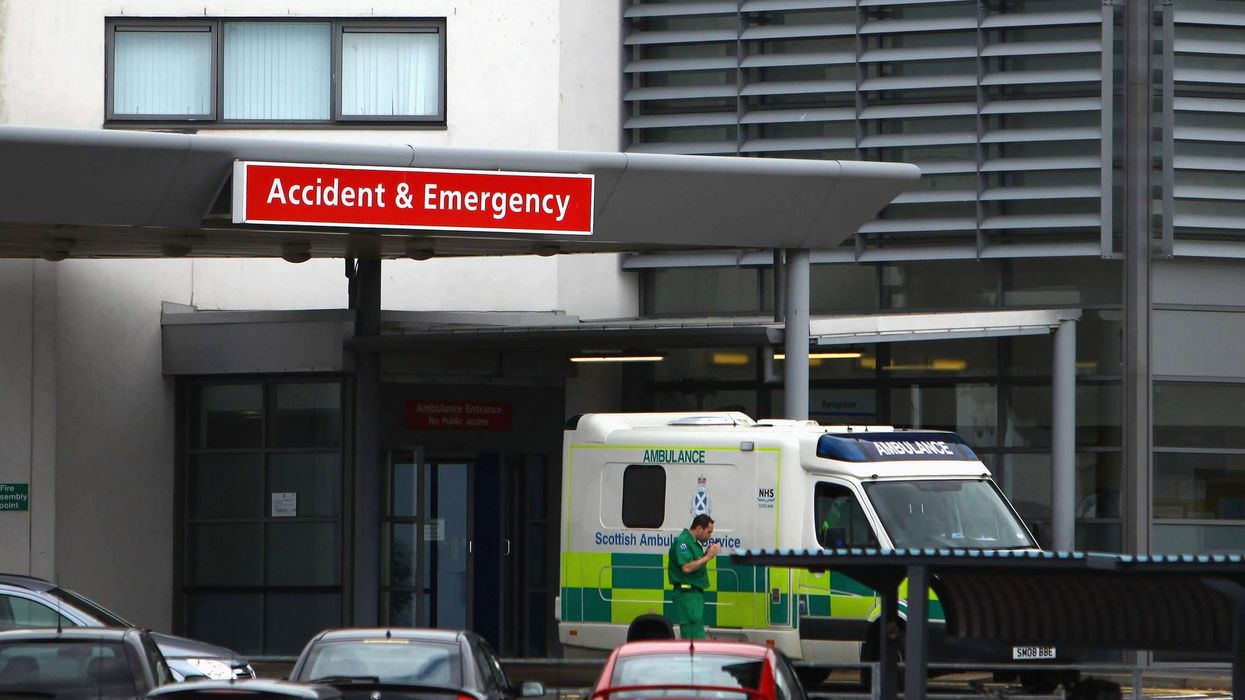The government intends to close the healthcare professions' temporary registers, including the GPhC temporary register, on 30 September 2022.
The GPhC temporary register was set up after the Health and Social Care Secretary asked the Council to use its emergency powers in order to rapidly register pharmacy professionals to assist in the national response to the COVID-19 emergency.
The temporary register includes pharmacy professionals who had voluntarily removed themselves or were removed for non-renewal from the GPhC register in the last three years and did not have Fitness to Practise issues. It enabled an extra 6000 pharmacy professionals to be eligible to practice in Great Britain to support patients and the public during the pandemic.
The GPhC Council has asked pharmacists and pharmacy technicians who are on the temporary register to consider applying to re-join the main GPhC register if they want to continue practicing after the end of September.
Chief Executive of the GPhC, Duncan Rudkin, said: “I would like to thank all those pharmacy professionals on our temporary register who have returned to work to help care for patients and the public during the pandemic. They can continue to practise for the next six months, while the temporary register remains open, and can apply to join our main register if they want to continue practising after 30 September.”











